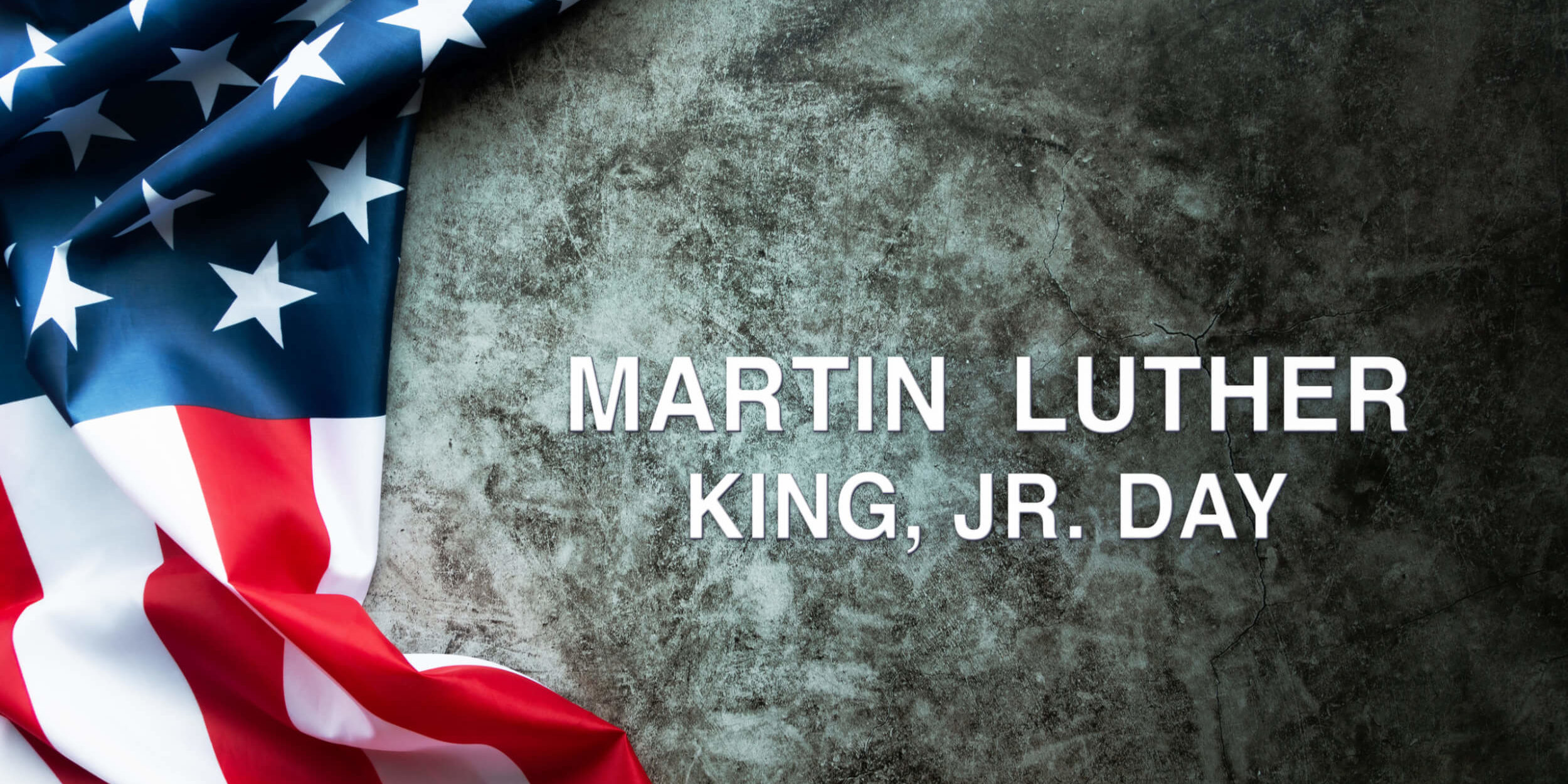As we look to celebrate the life and work of Martin Luther King Jr. this Monday, I want to honor his modeling a life of service. MLK called on Americans to put away hatred in order to raise up all people. He risked his life and was eventually killed for his efforts to bring justice and equality. He was willing to take stands that were not politically popular, such as his decision to speak out against the Vietnam War or challenging de facto segregation and racial discrimination in northern states. He did and said all these noble things in an effort to serve humanity. To honor King’s legacy, we are encouraging members of the Colorado Academy community to think about doing service on Monday or participating in Denver’s MLK Jr. Marade.
King considered service to be central to his life’s work. On February 4, 1968, he gave his famous “The Drum Major Instinct” sermon at Ebenezer Baptist Church. King addressed a passage in the book of Mark, in which two of Jesus’ disciples, James and John, ask to sit at Jesus’ left and right side of his throne in Heaven. In the passage, Jesus admonishes them for seeking glory. King notes, “[T]here is deep down within all of us an instinct. It’s a kind of drum major instinct—a desire to be out front, a desire to lead the parade, a desire to be first. And it is something that runs the whole gamut of life.” King’s lesson challenges the listener to think about the nature of leadership and the dangers of ego and ambition.
King acknowledges that it is natural, and even good, to have ambition, noting, “We all want to be important, to surpass others, to achieve distinction, to lead the parade.” But, he channels his Christianity to invoke an image of Jesus as a servant leader, saying, “And so Jesus gave us a new norm of greatness. If you want to be important—wonderful. If you want to be recognized—wonderful. If you want to be great—wonderful. But recognize that he who is greatest among you shall be your servant. That’s a new definition of greatness.”
King continued, “And this morning, the thing that I like about it: by giving that definition of greatness, it means that everybody can be great, because everybody can serve. You don’t have to have a college degree to serve. You don’t have to make your subject and your verb agree to serve. You don’t have to know about Plato and Aristotle to serve. You don’t have to know Einstein’s theory of relativity to serve. You don’t have to know the second theory of thermodynamics in physics to serve. You only need a heart full of grace, a soul generated by love. And you can be that servant.” [Note: I love King’s universalist and non-elitist approach, but, as an educator, I think a deep education can make one’s service have a broader impact.]
It is a powerful message. It says that any one of us can be a leader—all we have to do is serve others. When King gave this speech, it was just two months prior to his assassination. It was a time of great mental strain. He was being hounded by the FBI and faced death threats. As he closed his sermon, he was clearly thinking about his legacy and death and foreshadowed it, saying, “If any of you are around when I have to meet my day, I don’t want a long funeral. And if you get somebody to deliver the eulogy, tell them not to talk too long. And every now and then I wonder what I want them to say. Tell them not to mention that I have a Nobel Peace Prize—that isn’t important. Tell them not to mention that I have three or four hundred other awards—that’s not important. Tell them not to mention where I went to school. I’d like somebody to mention that day that Martin Luther King, Jr., tried to give his life serving others. I’d like for somebody to say that day that Martin Luther King, Jr., tried to love somebody. I want you to say that day that I tried to be right on the war question. I want you to be able to say that day that I did try to feed the hungry. And I want you to be able to say that day that I did try in my life to clothe those who were naked. I want you to say on that day that I did try in my life to visit those who were in prison. I want you to say that I tried to love and serve humanity.”
I hope readers can reflect on his words and strive to serve humanity. We can do so by recognizing the dignity in others and by offering a helping hand—on MLK Jr. Day this Monday, and every day.
